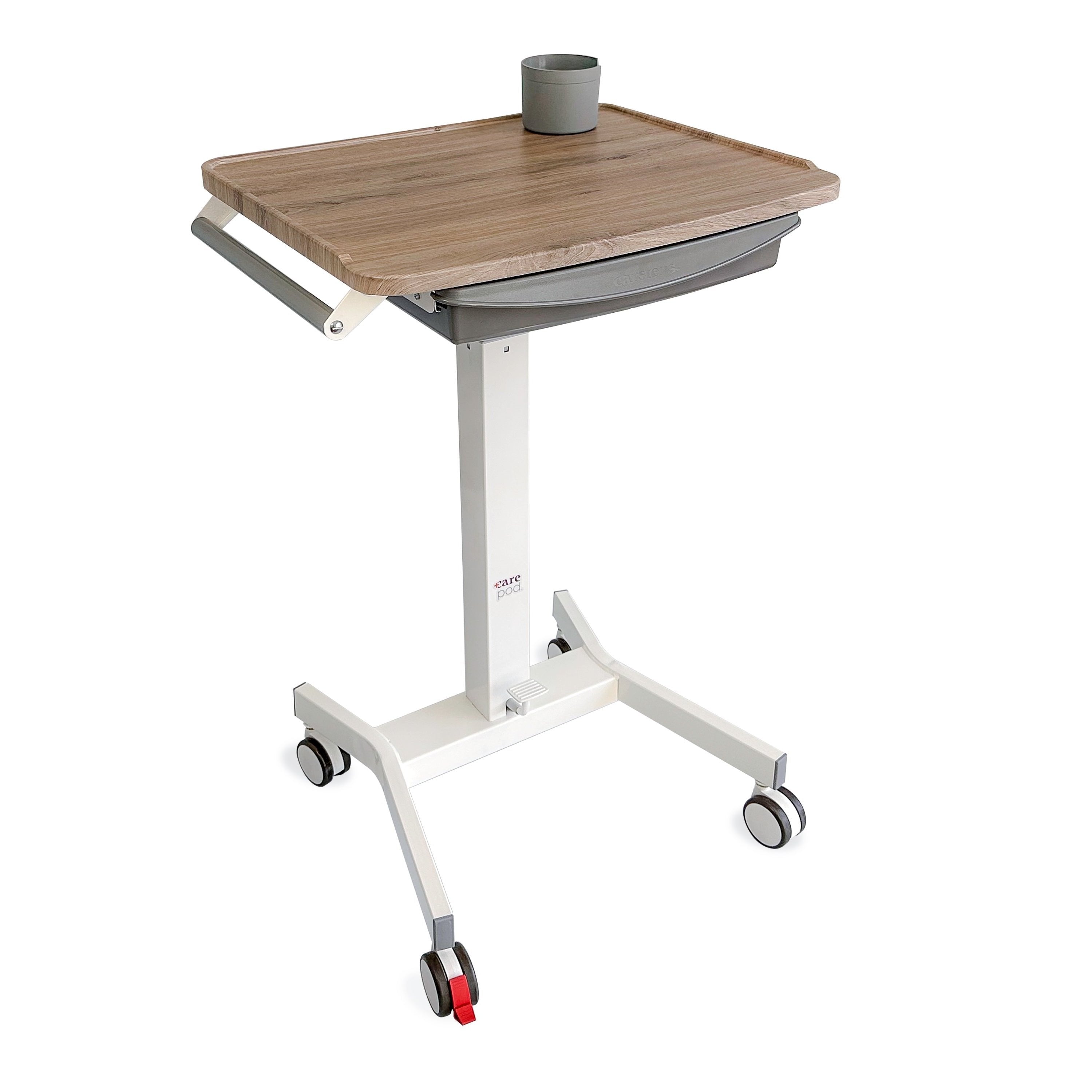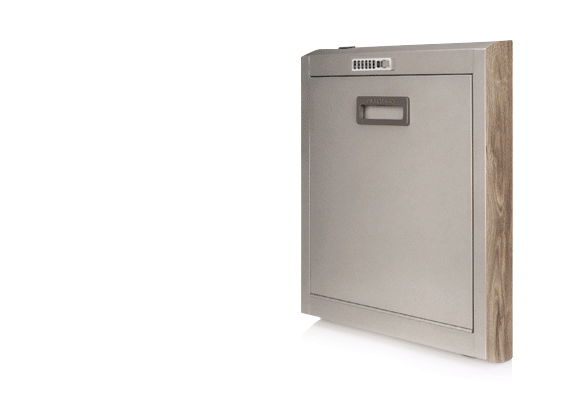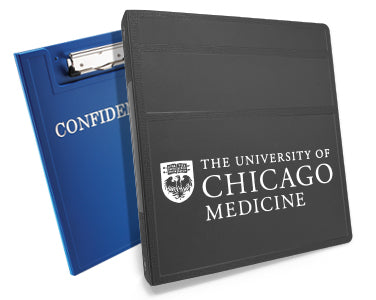Every business needs to have a preparedness plan to deal with the effects of natural disasters, and hospitals are no exception. It can be argued that hospitals should even be more prepared than other institutions to handle natural disasters to help ensure the safety of their staff, patients, and their patient’s critical healthcare records. With more and more natural disasters occurring throughout the globe every year- from fires to floods to earthquakes and more- it’s imperative that hospitals have specialized procedures in place to handle the inevitable fallouts while prioritizing order and safety.
But what are the best ways for hospitals to prepare for these disasters? The following is a collection of basic plans, procedures, and practices that hospitals should consider implementing to help them prepare for eventual disasters they may end up facing.
Related: COVID: Impacting The Design of Healthcare Environments
How Can Hospitals Prepare For Natural Disasters?
There is a wide range of things hospitals can do to help prepare their staff for handling the fallout of natural disasters. The points included below are some essential practices that they should consider implementing as soon as possible- if they have not already done so.
-
Backup Paper Records Online
While many hospitals have heavily transitioned towards the use of electronic patient records, there is still a vast range of medical facilities that primarily rely on easy-to-use paper records and charts. For facilities that rely heavily on paper charts, it’s strongly recommended that they take the time to scan and create electronic healthcare records of all paper charts to ensure that they remain accessible, even during a major natural disaster. Additionally, all paper charts and documents should be safely stored for ease of access.
moving away from paper records altogether isn't feasible for every healthcare business or institution due to financial and technological limitations (especially in rural areas). Not only are paper records easy and inexpensive to utilize, but they can also be more useful in the event of different types of disasters. While fires and floods can destroy paper records, severe power outages would leave electronic records inaccessible. As such, it’s highly recommended that hospitals and other medical facilities utilize a combination of both paper and electronic records.
-
Practice Drills
It’s easy for people to panic in the event of a natural disaster, even highly trained medical professionals used to dealing with dangerous situations. As such, hospitals must regularly schedule and perform drills and exercises for a wide range of emergencies, including fires, floods, tornados, and more. Staff should be fully trained on evacuation procedures and know how to effectively and safely work to transport patients to alternative facilities in a natural disaster.
Do you require a new source of expertly crafted healthcare support products for your hospital, clinic, or private medical practice? Consider contacting the industry experts at Carstens today to learn about everything they can do for you.
-
Have an Organized Plan
Hospitals should have fully developed disaster preparedness plans that all of their staff are well aware of and trained on how to execute effectively. The goals of these plans should be to prioritize the safety of both patients and medical staff to prevent potential injuries and loss of life. Staff will need to ensure to the best of their abilities that all patients receive the care they require to remain stable in the event of a disaster, especially if they are required to be transferred to alternative facilities where they can receive additional care.
Related: Steps Hospitals Can Take to Better Utilize Their Work Space Post-Covid
-
Emphasize Teamwork
When it comes to disaster preparedness plans for any institution, it cannot be “every man for themselves.” Extreme emphasis needs to be placed on the importance of teamwork as people work to ensure that everyone remains as safe and cared for as possible. Without an emphasis on teamwork, there is a much higher chance that individuals will encounter direcomplications and will not receive the help they need to reach safety. Part of all natural disaster plans and training drills (as noted above) should include information on the importance of teamwork to help ensure a sense of collective safety and calm.
Related: What to Know About Choosing The Right Workstations For Your Hospital
Final Thoughts and Considerations to Keep in Mind
It’s essential that all hospitals and other medical or healthcare facilities are fully trained for and prepared to deal with the effects of various natural disasters that can endanger the lives of both staff and patients. Please ensure that all personnel within your hospital have been fully equipped with evacuation procedures, patient management plans, and more to help guide them through the effects of natural disasters while preserving the lives and safety of all patients. If you’d like more information on what hospitals can do to help ensure effective patient care within their facilities, please consider checking out the range of top-quality products and expertly written resources provided by the industry professionals at Carstens today.
Are you searching for an excellent source of new healthcare support products and other essential gear for your private medical practice, clinic, or hospital? Check out the range of expertly designed products proudly provided by the industry professionals at Carstens today to learn more.






